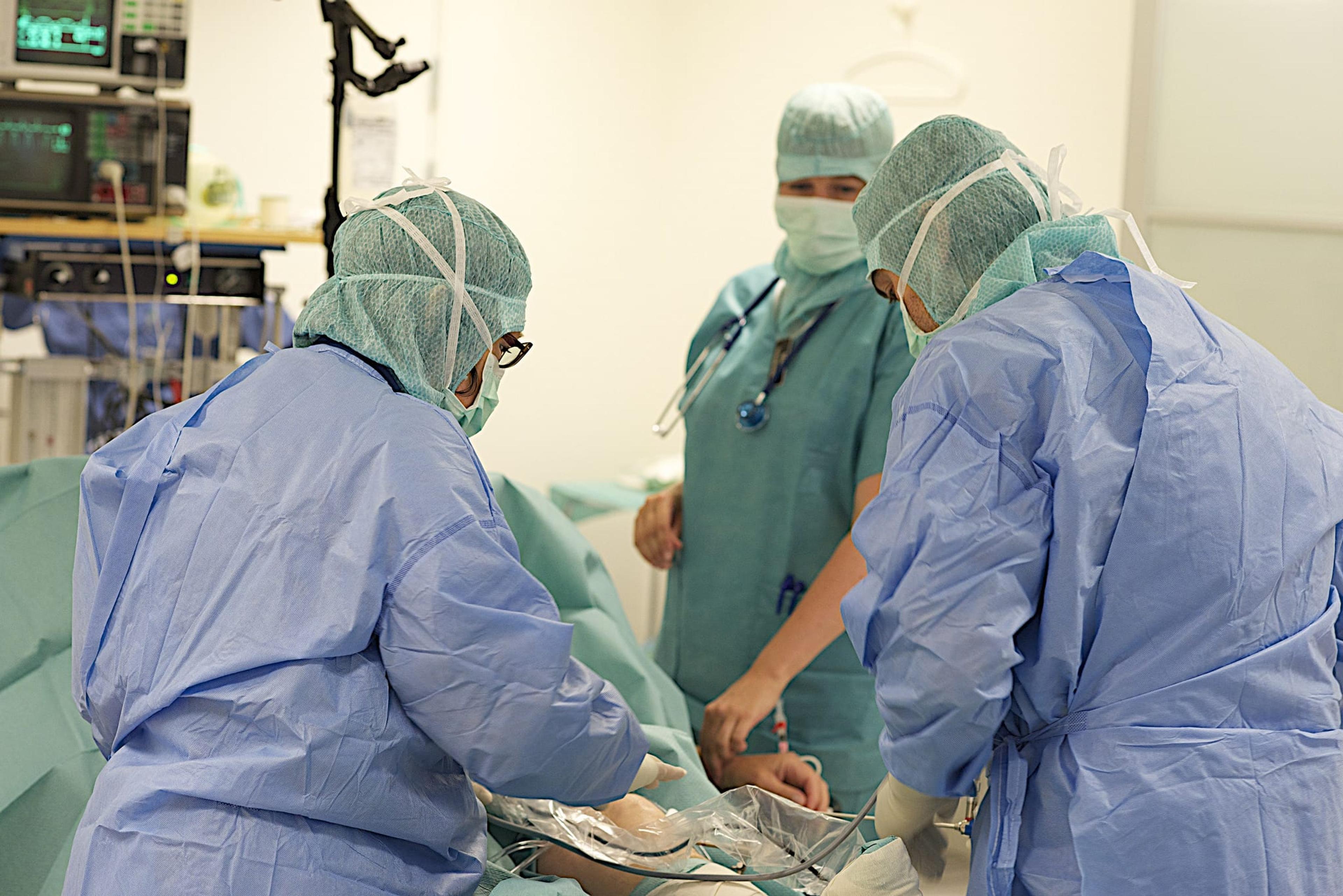Enhanced Recovery Program: Making the Surgery Experience Better From Beginning to End
bcbsm
| 3 min read

Hearing the words “You have to have surgery,” is unsettling and can cause a lot of stress and fear. But Blue Cross Blue Shield of Michigan knows that improving patients’ pre- and post-surgery experience can have a huge impact on both stress levels and recovery. That’s why the Michigan Surgical Quality Collaborative (MSQC) started the Enhanced Recovery Program: Its goal is to help patients across Michigan have a more positive surgery experience from beginning to end. Founded in 2005 and supported by Blue Cross Blue Shield of Michigan, the Michigan Surgical Quality Collaborative is dedicated to overall surgical quality improvement at their 73 participating hospitals. The MSQC’s Enhanced Recovery Program (ERP) started in 2014, and is quickly being adopted in hospitals across the state. In the two years since it began, the program has seen promising results, including a decrease in how long patients stay in hospitals as well as a reduction in the surgical site infection rate. What does this new program entail? The Enhanced Recovery Program is geared towards patients undergoing general surgery procedures, most often for patients undergoing a colectomy (removal of all or part of your colon). The program consists of evidence-based interventions during the period before, during, and after a patient’s surgery. Before surgery, ERP promotes an intervention called “prehabilitation,” which is when patients prepare for their upcoming surgery through counseling, education and conditioning. The thinking behind this is the more mentally prepared the healthier patients are physically, the better their recovery. The stress of major surgery is likened to the physiological stress of running a marathon. No one would run a marathon without training, so preparing for major surgery should be no different. During surgery, the ERP calls for interventions to keep the patient warm, reduce nausea and vomiting, limit fluids and avoid excessive sedation. After surgery, patients are encouraged to get out of bed more quickly and use fewer narcotic pain medications. Taken together, all of these measures help patients recover quickly, get out of the hospital faster and have fewer complications once they’re home. The most critical aspect of the Enhanced Recovery Program is that it is centered around the patient. From that starting point, all the relevant health care providers—anesthesiologists, surgeons, nurses, pharmacists, nutritionists, physical therapists, care management professionals—work together in collaboration to provide coordinated care to patients. To learn more, visit www.msqc.org. Support for MSQC is provided by Blue Cross and Blue Shield of Michigan and Blue Care Network as part of the Value Partnerships program. To learn more about health happenings in the community, and ways to help the health of yourself and those around you, check out these blogs:
Photo credit: Zdenko Zivkovic





